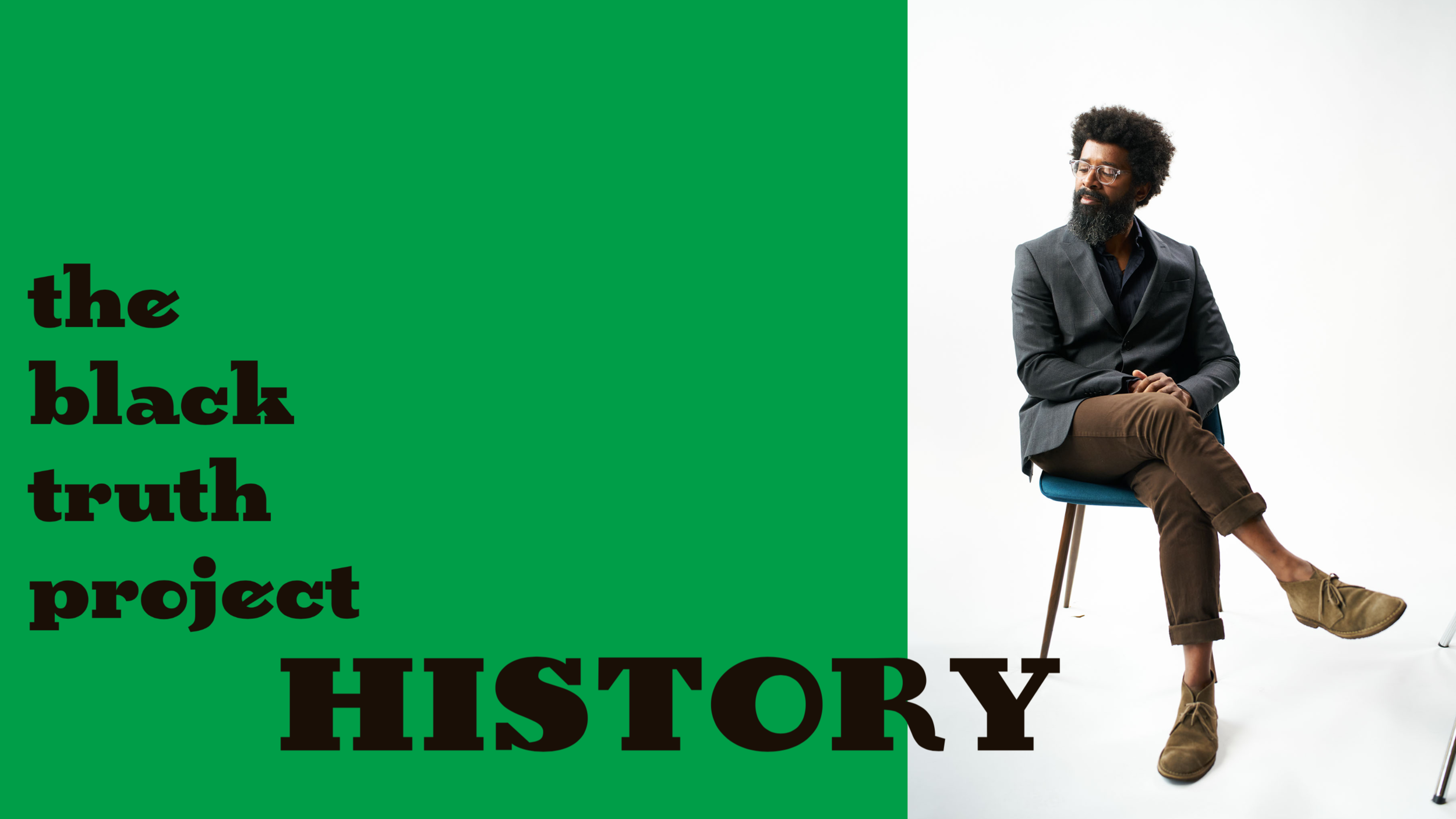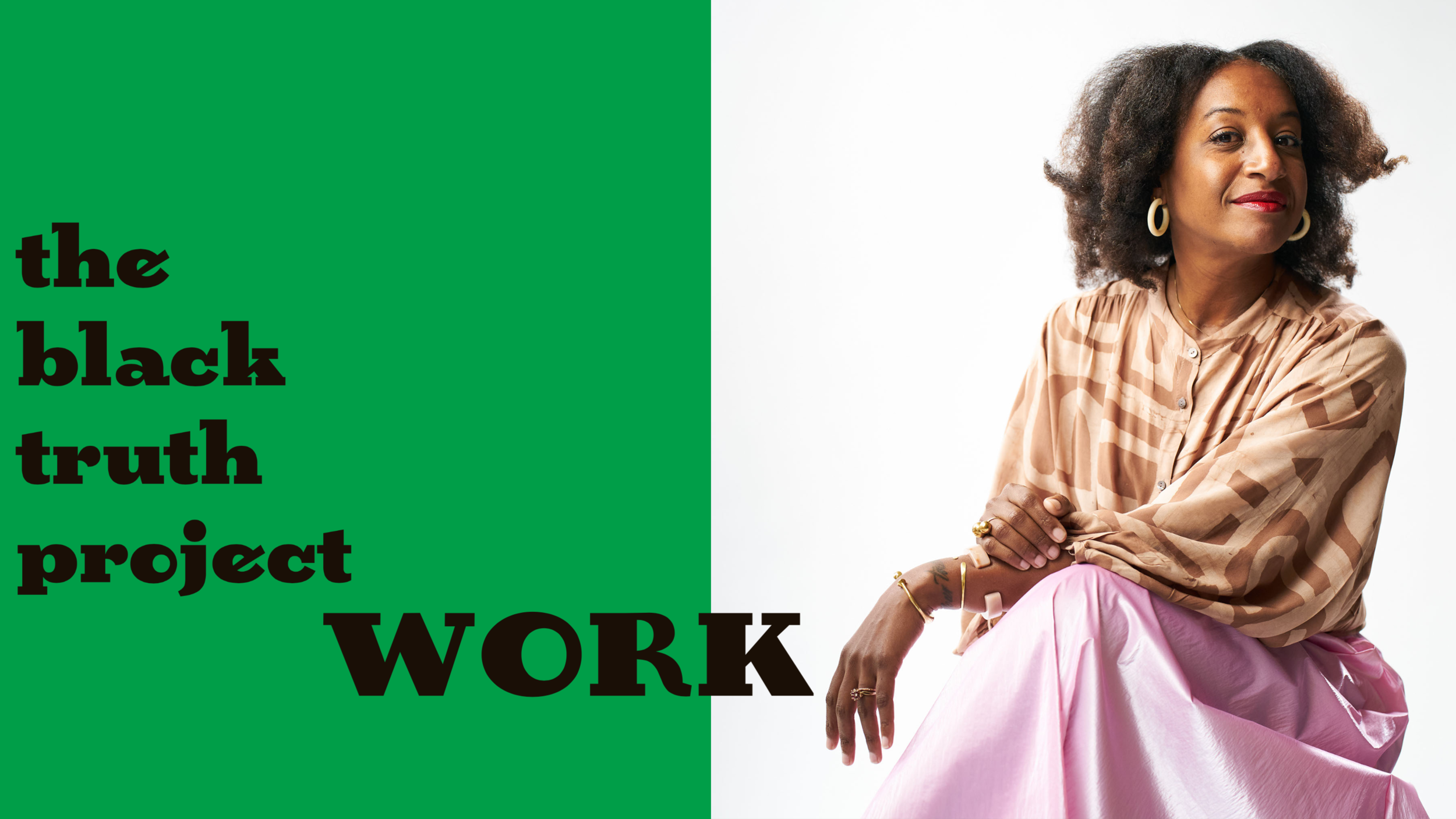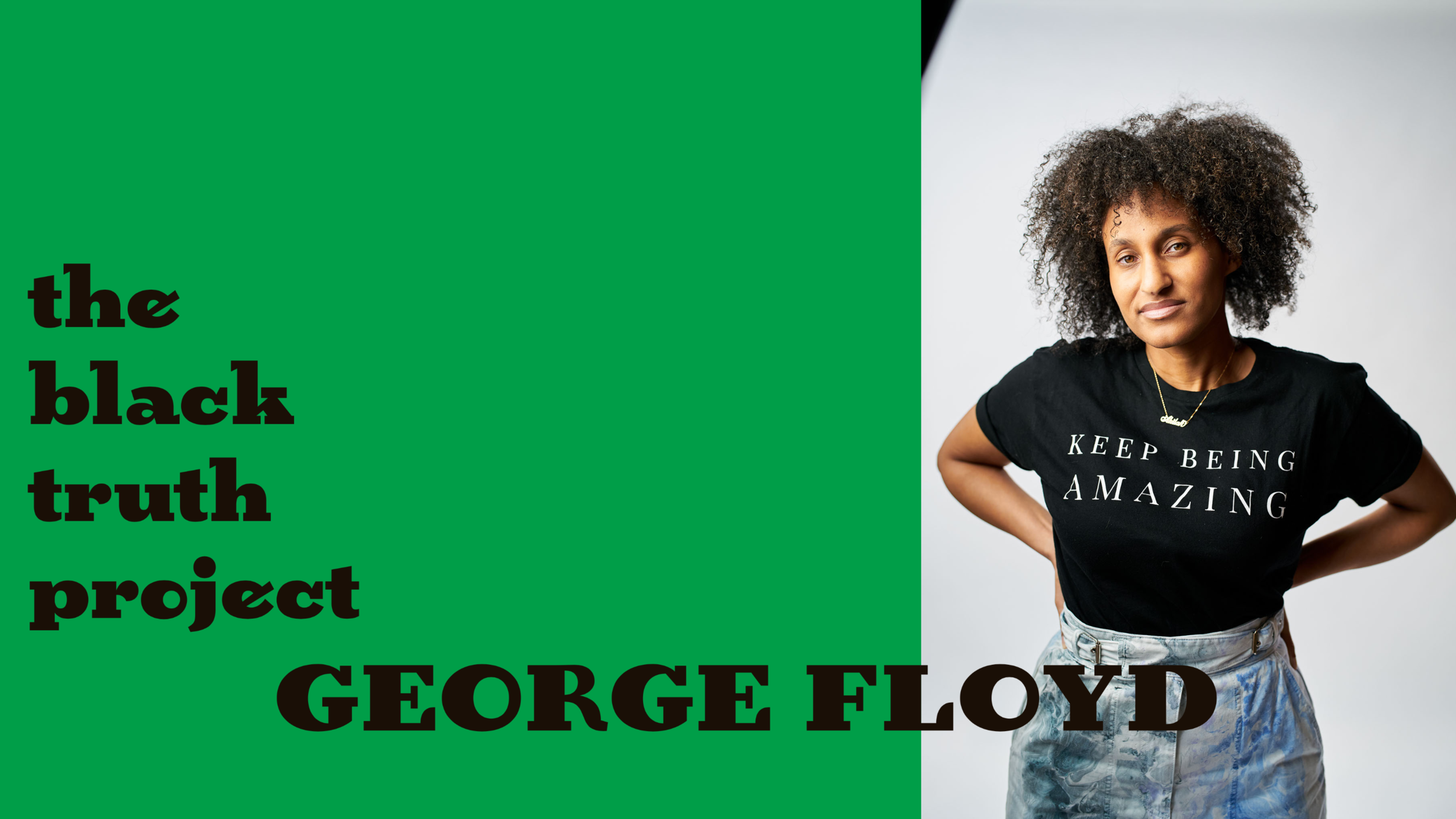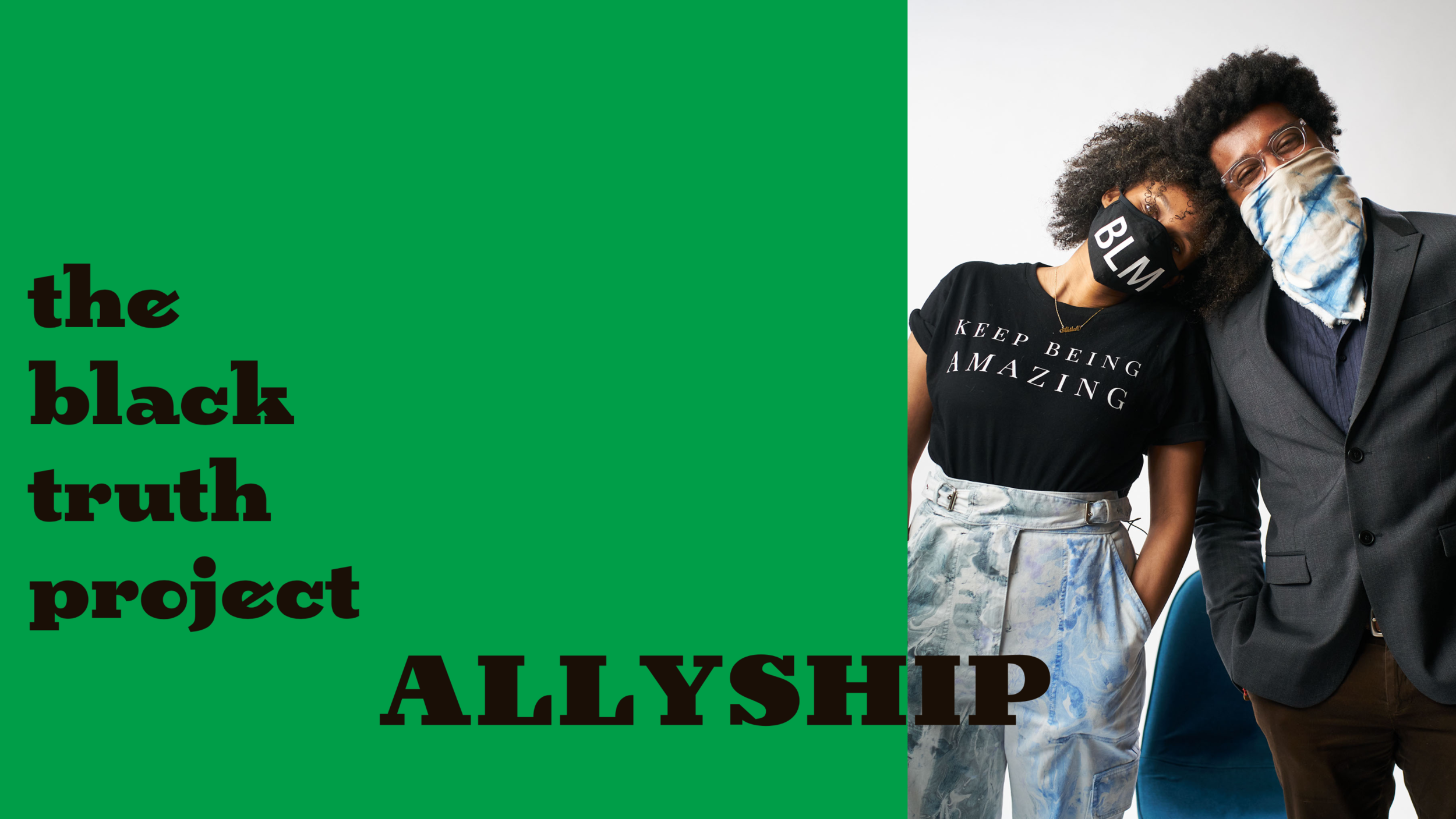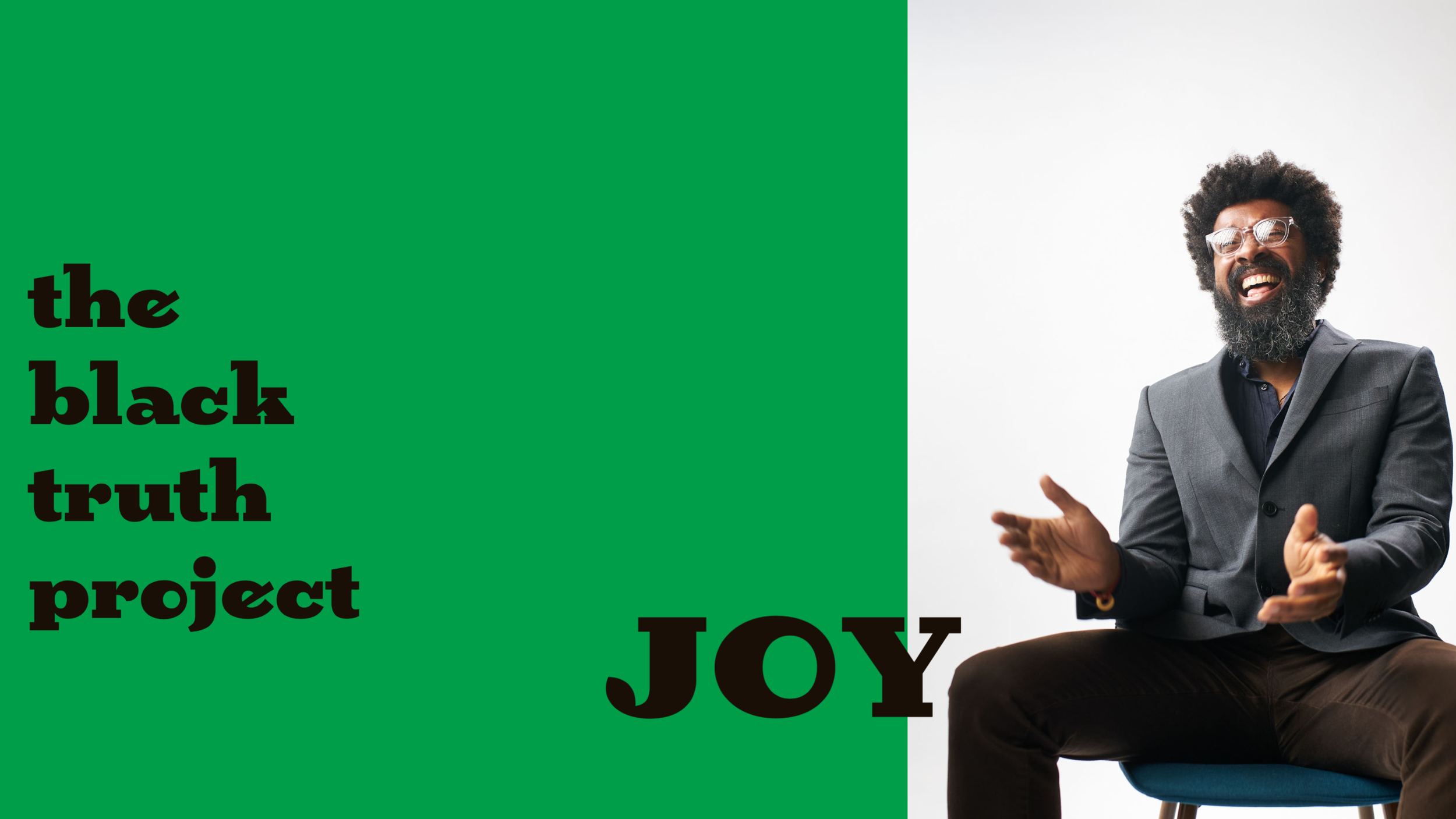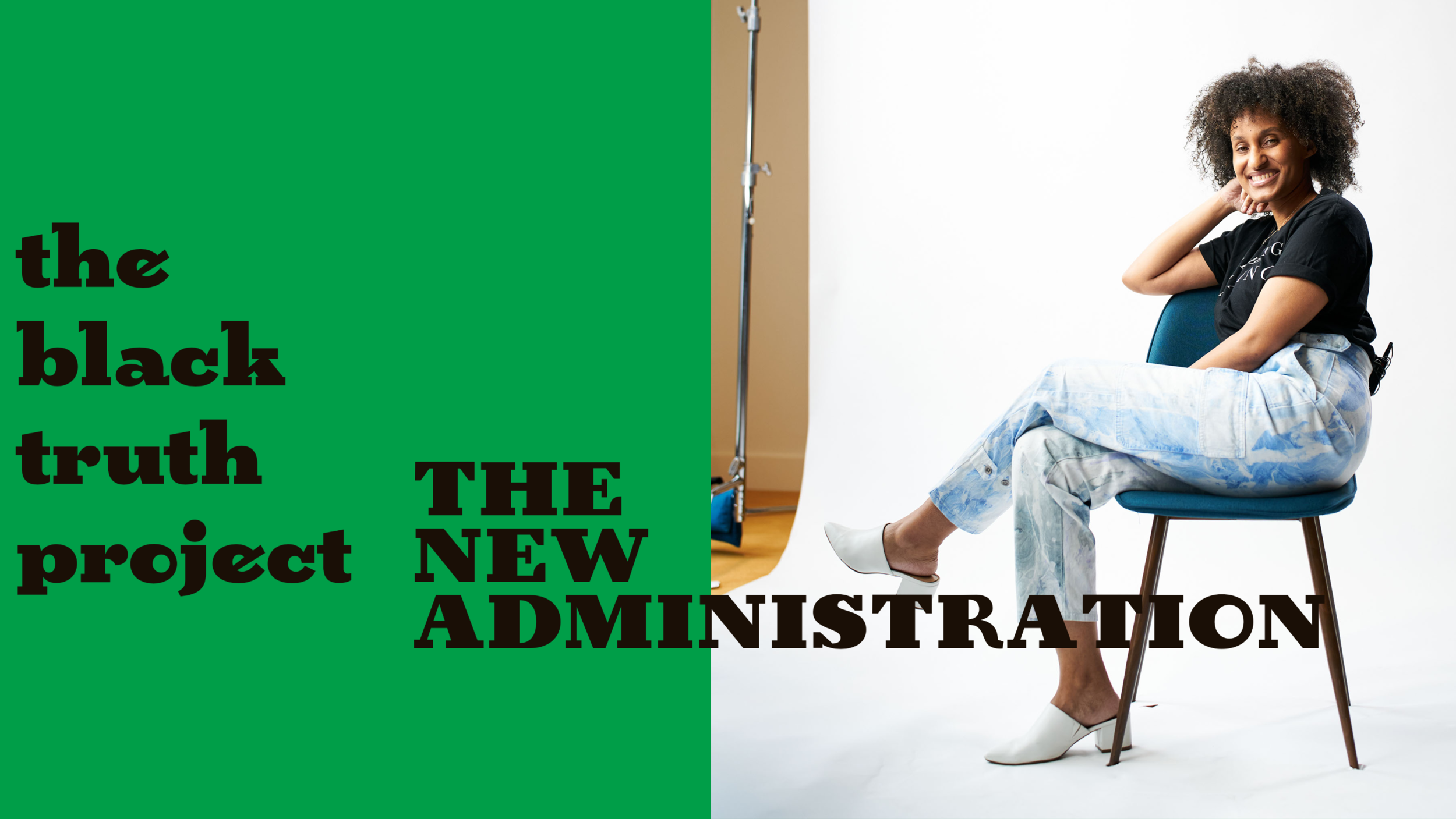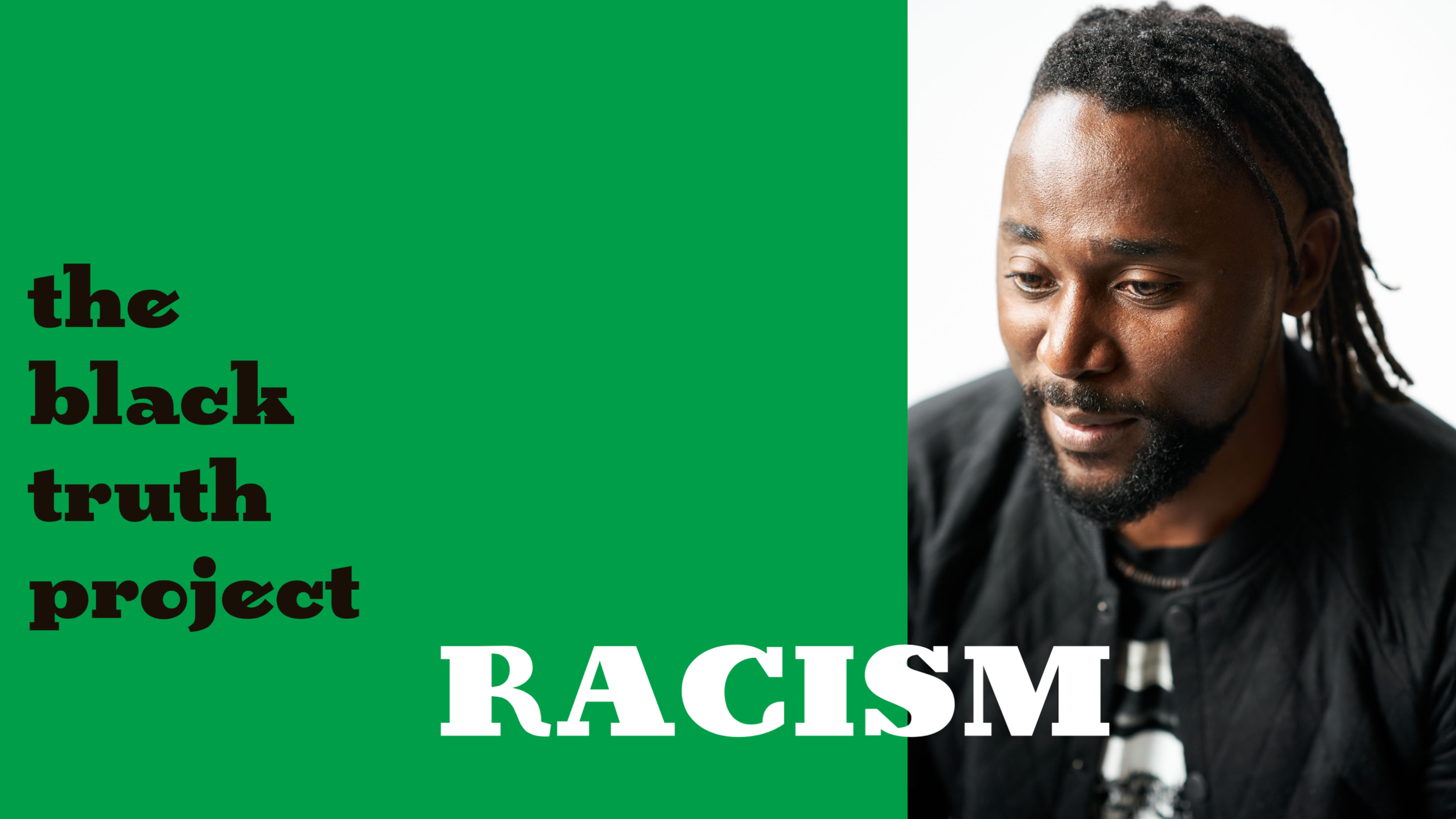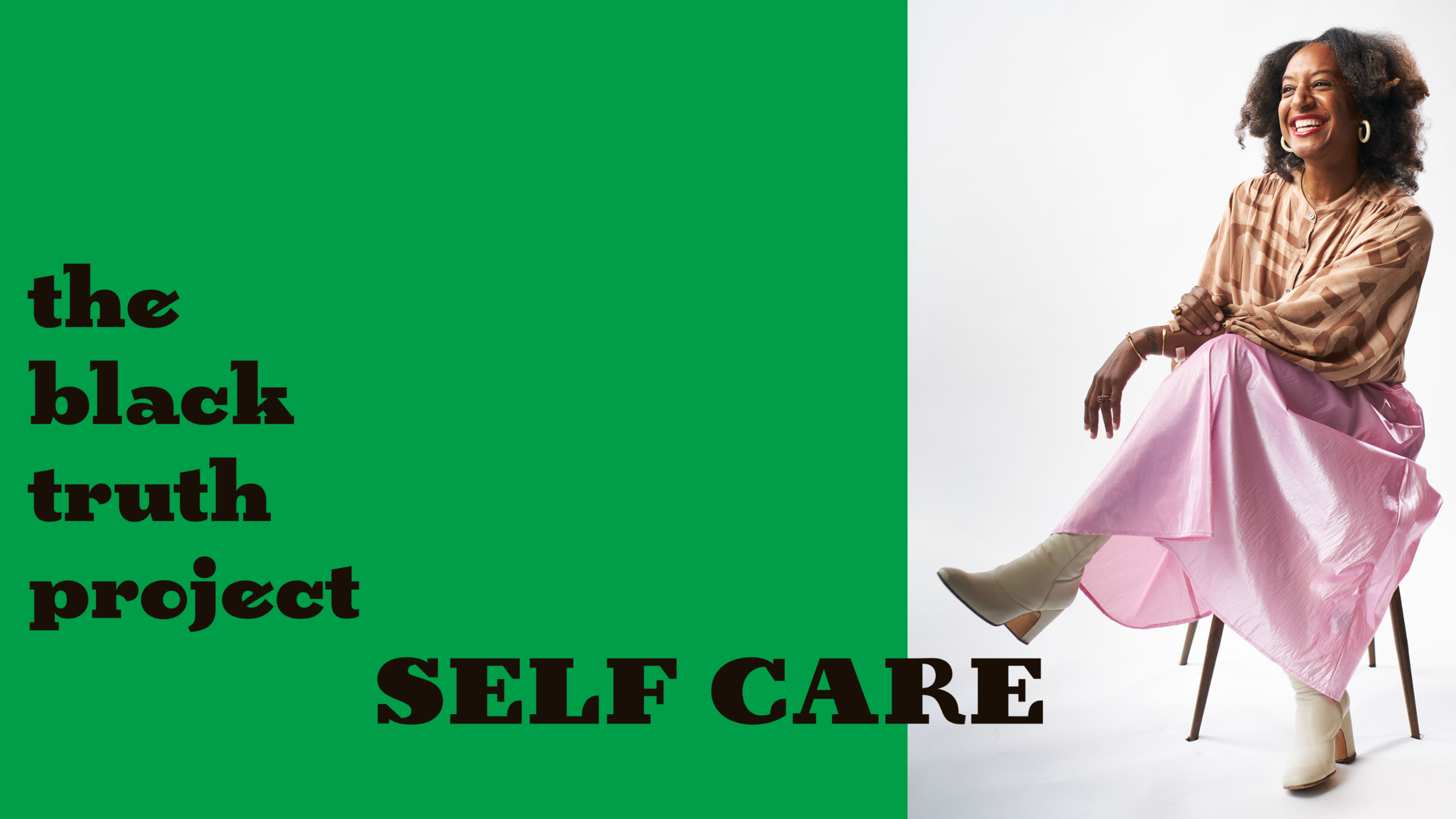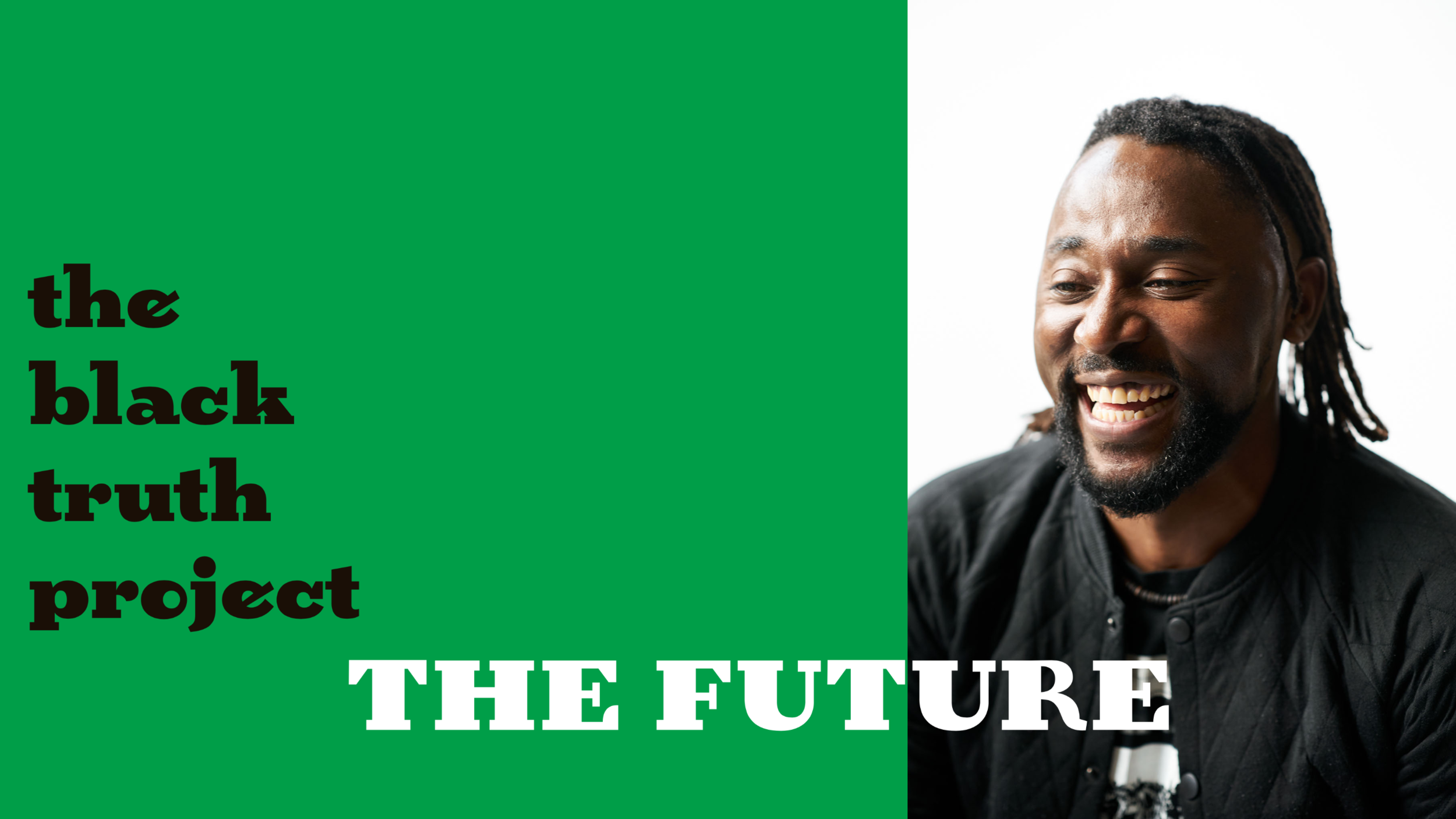
After the past four years of in-your-face hate and blatant incompetence, it can be easy for those who don’t have the battle of discrimination and white supremecy on a daily baisis to feel like the war has been won. But for many, it’s just another opportunity for injustices to go into hiding and for allies to take their foot off the gas.
As Dr. Akilah Cadet explains: “When the soap opera of ’Who is president?’ was over, everyone was like, ’Oh my God, you must be so excited.’ And I wasn’t. I wasn’t because I immediately went into the work that still has to be done. So there’s this illusion that now that we have a South Asian, a Black, a Caribbean woman in office, and we have Biden—and Biden is, by affiliation, Obama somehow—that things will be fixed. But I don’t feel that at all.”
“There’s this illusion that now that we have a South Asian, a Black, a Caribbean woman in office, and we have Biden—and Biden is, by affiliation, Obama somehow—that things will be fixed. But I don’t feel that at all.”
-Dr.Akilah Cadet
“There’s more work that needs to be done than ever because we can see it. We see it on our phones. We see it on the news. We see it in our conversations. So that’s why the Black Truth, and the call to celebrating yourself and the call to that renewed allyship, is important, not just for the four years that they’re in office, but everything we’re doing moving forward, those small incremental steps and holding the new administration accountable.”
WATCH DR. AKILAH CADET’S ’S FULL BLACK TRUTH VIDEO HERE.
“Who are those people that just kind of move around us? Watching human beings be killed and then just going back into their lives like nothing happened?…And in the last year, we’re seeing those people. All 74 million of them.”
-George McCalman
For George McCalman, the election results—and the 74 million people who voted for Donald Trump—dredged up a specific moment in time: “In the early 1900s, the blockbuster events of the summer in a lot of American history were public lynchings. And I would always look at those photos and say, ’Those people are still alive. They’re alive. They’re here. Who are those people that just kind of move around us? Watching human beings be killed and then just going back into their lives like nothing happened? Because to them, nothing happened.’ And in the last year, we’re seeing those people. All 74 million of them.”
WATCH GEORGE MCCALMAN’S FULL BLACK TRUTH VIDEO HERE.
KEEP READING.
After the past four years of in-your-face hate and blatant incompetence, it can be easy for those who don’t have battle of discrimination and white supremecy on a daily baisis to feel like the war has been won. But for many, it’s just another opportunity for injustices to go into hiding, and for allies to take their foot off the gas.



